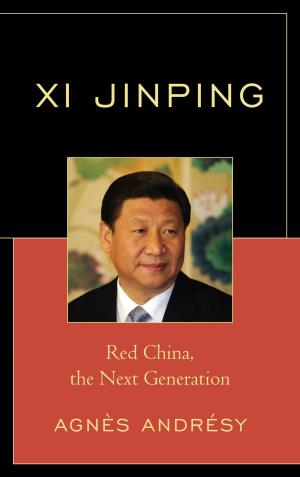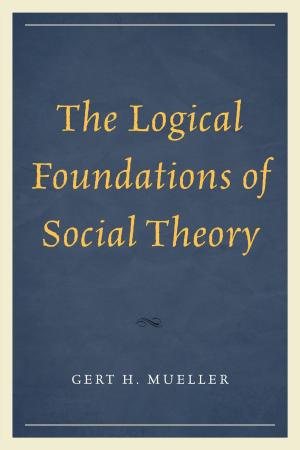Political Morality in a Disenchanted World
Nonfiction, Religion & Spirituality, Philosophy, Political, Ethics & Moral Philosophy| Author: | Edmund Abegg | ISBN: | 9780761861539 |
| Publisher: | UPA | Publication: | June 20, 2013 |
| Imprint: | UPA | Language: | English |
| Author: | Edmund Abegg |
| ISBN: | 9780761861539 |
| Publisher: | UPA |
| Publication: | June 20, 2013 |
| Imprint: | UPA |
| Language: | English |
Political morality concerns what programs and policies government ought to adopt. What would this morality look like in a disenchanted world, one in which rationality prevails? The enchanted world is extensive, including not just religion but traditional morality.
In this book, Edmund Abegg constructs a coherent path that leads from abstract psychological and moral theory to ideal political and economic scenarios and then to their real-world applications, which for him are in terms of national political goals. These goals, individual autonomy and welfare, function as political morality in this new framework in place of traditional mythical ideas such as justice. Descriptive chapters on our current world indicate that these goals are in play, if only partly.
Concerning these national moral-political goals, which may be domestic or international, the crucial distinction he seeks to establish is between aggregated or big-picture goals and individualized goals. The latter are typically seen as establishing individual rights.
This book establishes a framework that clarifies important public policy issues in a way not possible if a jungle growth of myth envelopes our efforts with confusion and unnecessary controversies.
Political morality concerns what programs and policies government ought to adopt. What would this morality look like in a disenchanted world, one in which rationality prevails? The enchanted world is extensive, including not just religion but traditional morality.
In this book, Edmund Abegg constructs a coherent path that leads from abstract psychological and moral theory to ideal political and economic scenarios and then to their real-world applications, which for him are in terms of national political goals. These goals, individual autonomy and welfare, function as political morality in this new framework in place of traditional mythical ideas such as justice. Descriptive chapters on our current world indicate that these goals are in play, if only partly.
Concerning these national moral-political goals, which may be domestic or international, the crucial distinction he seeks to establish is between aggregated or big-picture goals and individualized goals. The latter are typically seen as establishing individual rights.
This book establishes a framework that clarifies important public policy issues in a way not possible if a jungle growth of myth envelopes our efforts with confusion and unnecessary controversies.















